A sculpture of the Euro currency stands in the city centre of Frankfurt am Main, western Germany, on January 25, 2024.
Kirill Kudryavtsev | Afp | Getty Images
A host of economists and monetary policymakers gathered in New York this week for the International Monetary Fund’s Spring Meetings — including numerous decision-makers from the European Central Bank.
CNBC spoke to 12 members of the ECB’s Governing Council at the event to unpack their latest views on the interest rate outlook and inflationary pressures, after euro zone price rises cooled to 2.4% in March.
The ECB opted to hold rates steady in April and next meets to vote on monetary policy on June 6.
Christine Lagarde, president of the ECB
The ECB’s figurehead delivered a firm message that reflected her statements in recent press conferences: markets should expect an interest rate cut soon, barring major surprises.
“We just need to build a bit more confidence in this disinflationary process, but if it moves according to our expectations, if we don’t have a major shock in development, we are heading towards a moment where we have to moderate the restrictive monetary policy,” Lagarde told CNBC’s Sara Eisen.
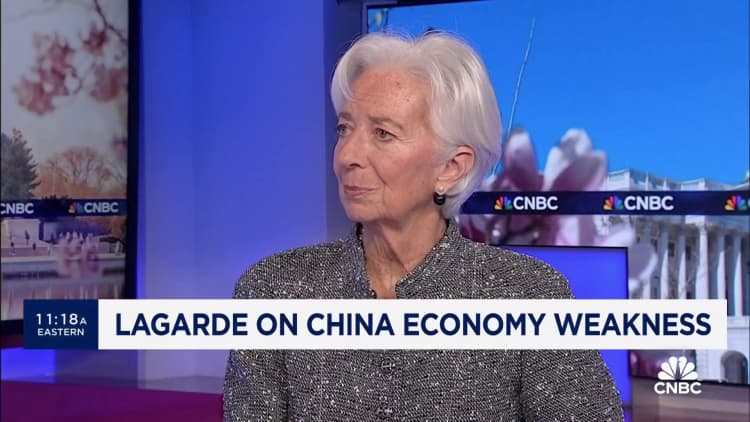
François Villeroy de Galhau, governor of the Bank of France
According to Villeroy, the ECB should cut in June so that higher rates do not cause too much damage to the euro area economy, which last year narrowly avoided a recession but fell into stagnation.
Barring a major surprise before the next Governing Council in early June, “we should cut rates because we are now confident enough and increasingly confident about the disinflationary path in the euro area,” Villeroy told CNBC’s Karen Tso.
“There is now a very large consensus that it is time to take this insurance more or less against what I would call the second risk. The first risk is to act too early and to let inflation go upwards again and this would be a danger,” he said. “But the second risk would be to be behind the curve and to pay a too high cost in terms of economic activity and employment.”
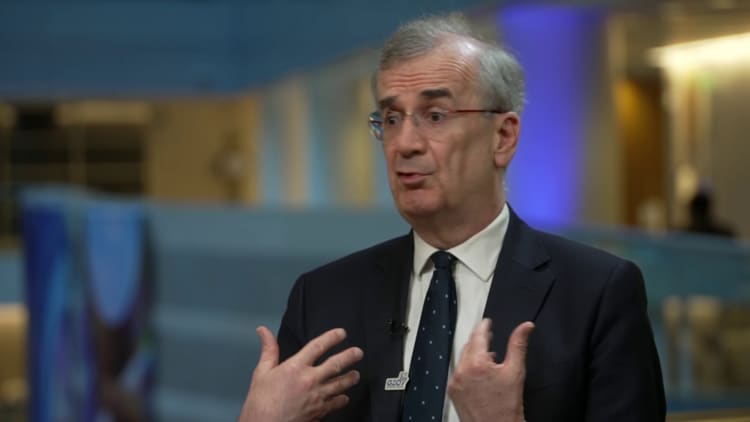
Joachim Nagel, president of Germany’s Bundesbank
The “probability is increasing” of a June cut, said Nagel. He added that there were caveats, including the risk of higher oil prices.
″Core inflation is still high, service inflation is high. For the June meeting we will get our projections, so we will get our new forecasts and if there is a confirmation that inflation is really going down, and we will achieve our target in 2025, as I said, the probability is becoming higher that this rate cut is here for the June meeting,” Nagel explained.
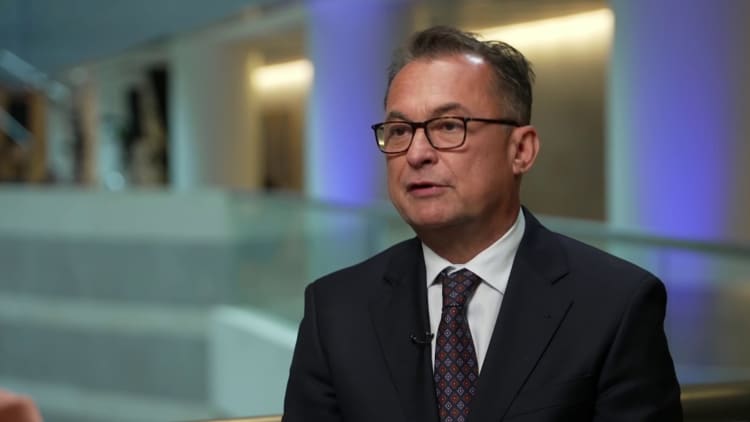
Robert Holzmann, governor of the Austrian Central Bank
One of the Governing Council’s most hawkish members, Holzmann flagged geopolitical tensions as the biggest threat to interest rate cuts this year.
“We have seen what’s happened in the Middle East … we may have a different oil price, and this of course may require us to rethink our strategy,” he said.
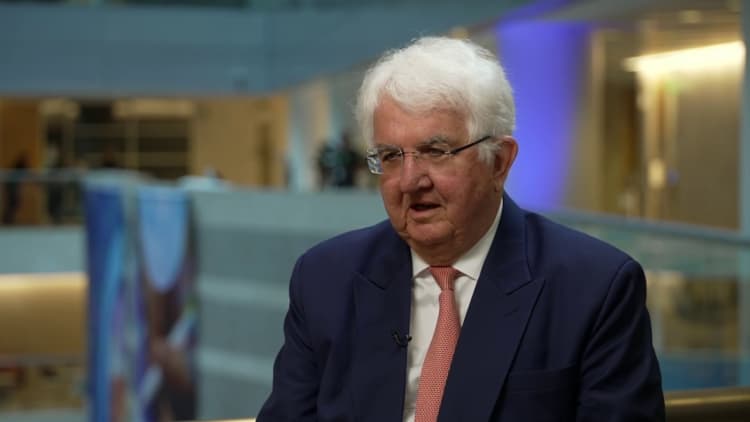
Mario Centeno, governor of the Bank of Portugal
For Centeno, a more dovish member, it is “about time to change this monetary policy cycle” given the recent slowdown in inflation.
“I’m sure that we will deliver the response that is consistent with the recovery of the euro area economy that we have in our forecast,” Centeno said, adding that market expectations for June were “very clear.”
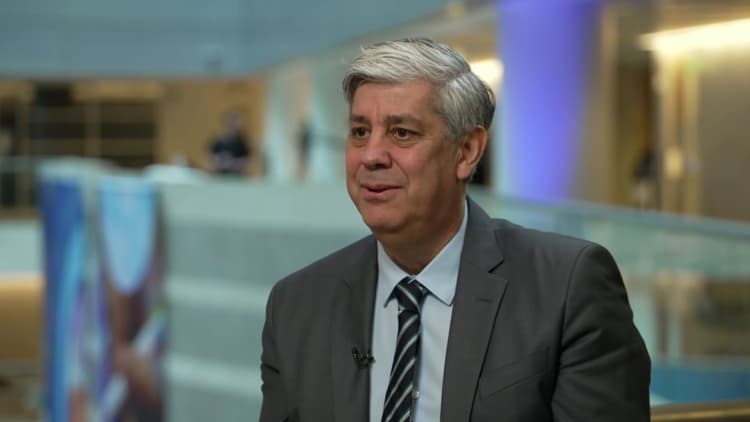
Gabriel Makhlouf, governor of the Central Bank of Ireland
Makhlouf said the most recent data sets had shifted his view on rates. Before Christmas he was not even ready to rule out further hikes.
The ECB concluded its run of 10 consecutive rate hikes in September, when it brought its key rate to a record 4%.
“I think we’ve now over the last few weeks seen enough data to say that we’ve reached the top of the ladder, and at our last meeting, from my perspective, we’ve got greater confidence that we can start to reduce the tightening in our monetary policy stance,” Makhlouf said.
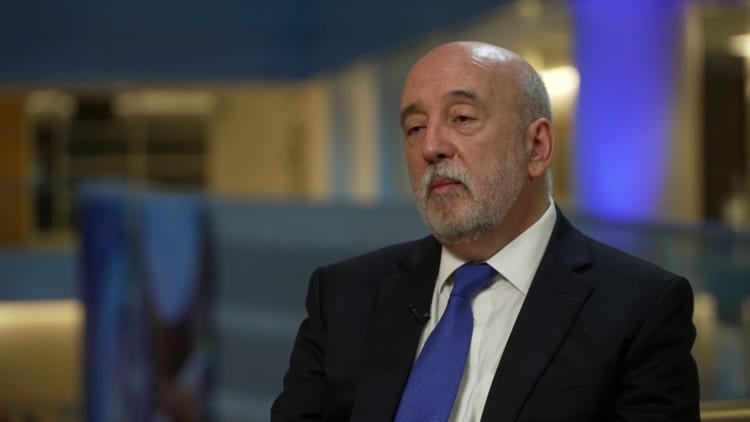
Pierre Wunsch, governor of the National Bank of Belgium
“We would really need bad news for not cutting in June,” Wunsch told CNBC, referring to two surprisingly negative inflation prints or oil prices spiking. ECB staff projections, wage data and the rate of services inflation will also be crucial, he said.
Regarding a potential follow-up cut in July, Wunsch said he would be “on the cautious side.”
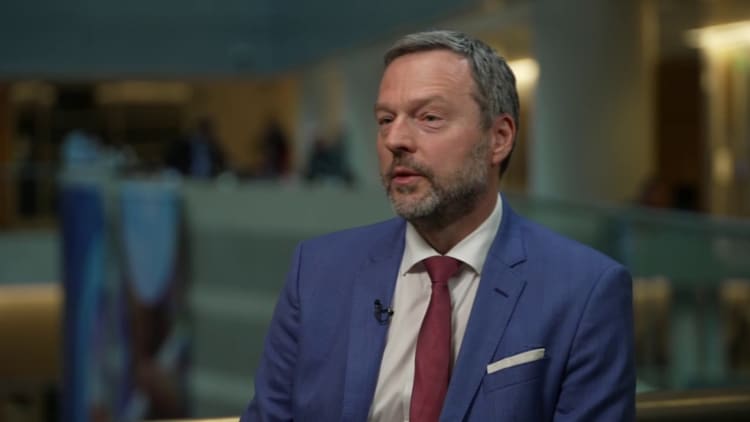
Boris Vujčić, governor of the Croatian National Bank
Addressing whether the ECB would be influenced by recent events in the U.S., where stickier-than-expected inflation and comments by Federal Reserve Chair Jerome Powell have caused markets to push back their expectations for rate cuts, Vujčić stressed the central bank’s independence.
“We will run our policy independently from the Fed. We will look at our set of data, and there are obvious divergences between the U.S. and Europe since the start of the inflation cycle, not only now. So whatever the Fed chooses will not determine what our choice is,” Vujčić said.
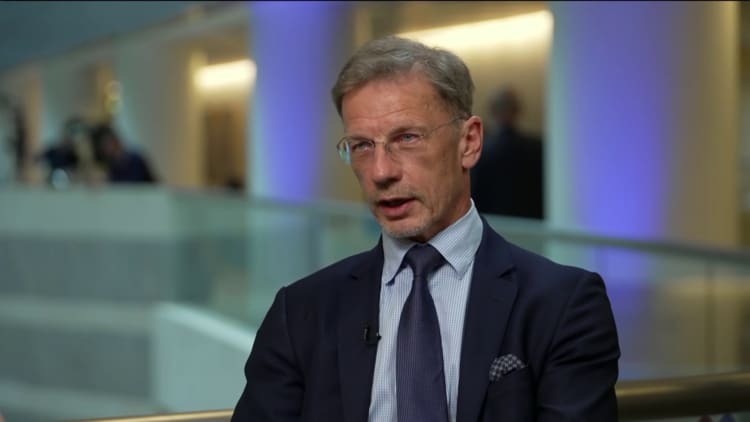
Gediminas Šimkus, governor of the Bank of Lithuania
Šimkus also emphasized differences between inflation in the U.S. and Europe, with the former driven by fiscal policy along with commodities, and the latter centered on energy and food.
“We don’t follow the Fed… and now the ECB will be the central bank to be followed,” Šimkus said. This is despite the potential global knock-on effects of a stronger dollar due to higher for longer rates in the U.S., he said.
Šimkus added that his current baseline was for “about three” rate cuts this year.
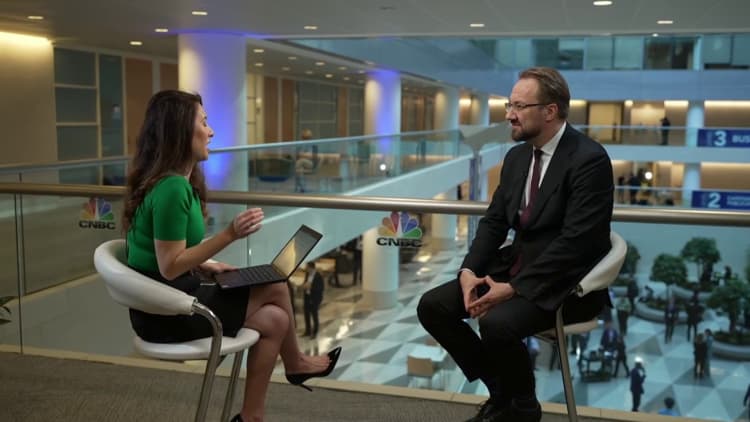
Edward Scicluna, governor of the Central Bank of Malta
Scicluna said the background of a “very weak economy, very weak economic growth for the last six quarters” in the euro zone was key to rate decisions. That context is despite divergence between resilience in the services-oriented south and weakness in the more manufacturing-focused north, he said.
“Everything is pointing towards… declining inflation all over, including wages, food, energy and so on,” he said.
“It’s more a question of whether you’re risk averse and scared because of risks that you wait to cut. One could have cut rates way back in March or even April,” he continued, adding that he hoped a majority of Governing Council members would back a June cut.
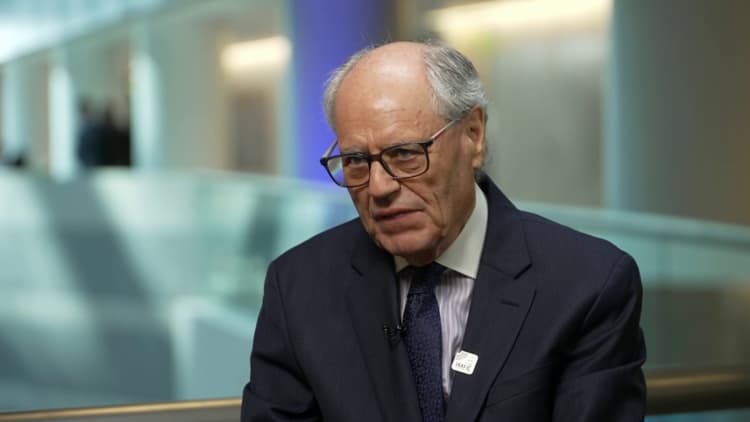
Mārtiņš Kazāks, governor of the Bank of Latvia
Kazāks said the ECB could be “confident” the worse was behind it in terms of inflation, despite risks.
Two inflation readings are still due before June, he noted, meaning a cut is not guaranteed — but the “probability is quite high.”

Olli Rehn, governor of the Bank of Finland
Like other policymakers, Rehn said that it would be appropriate to cut rates in June if inflation continues to stay in line with projections. He flagged tensions in the Middle East as a potential risk.
“So far the escalation has been avoided, and we’ve seen that the market reaction to the events was rather moderate… but there is still a certain risk of escalation,” he said.
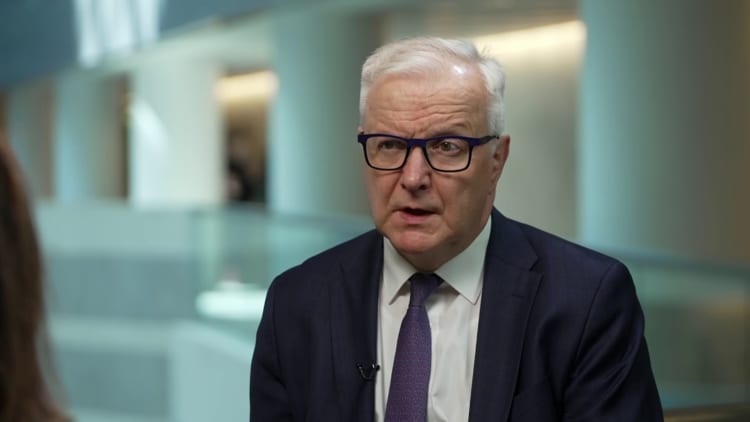
Read More: World News | Entertainment News | Celeb News
CNBC










